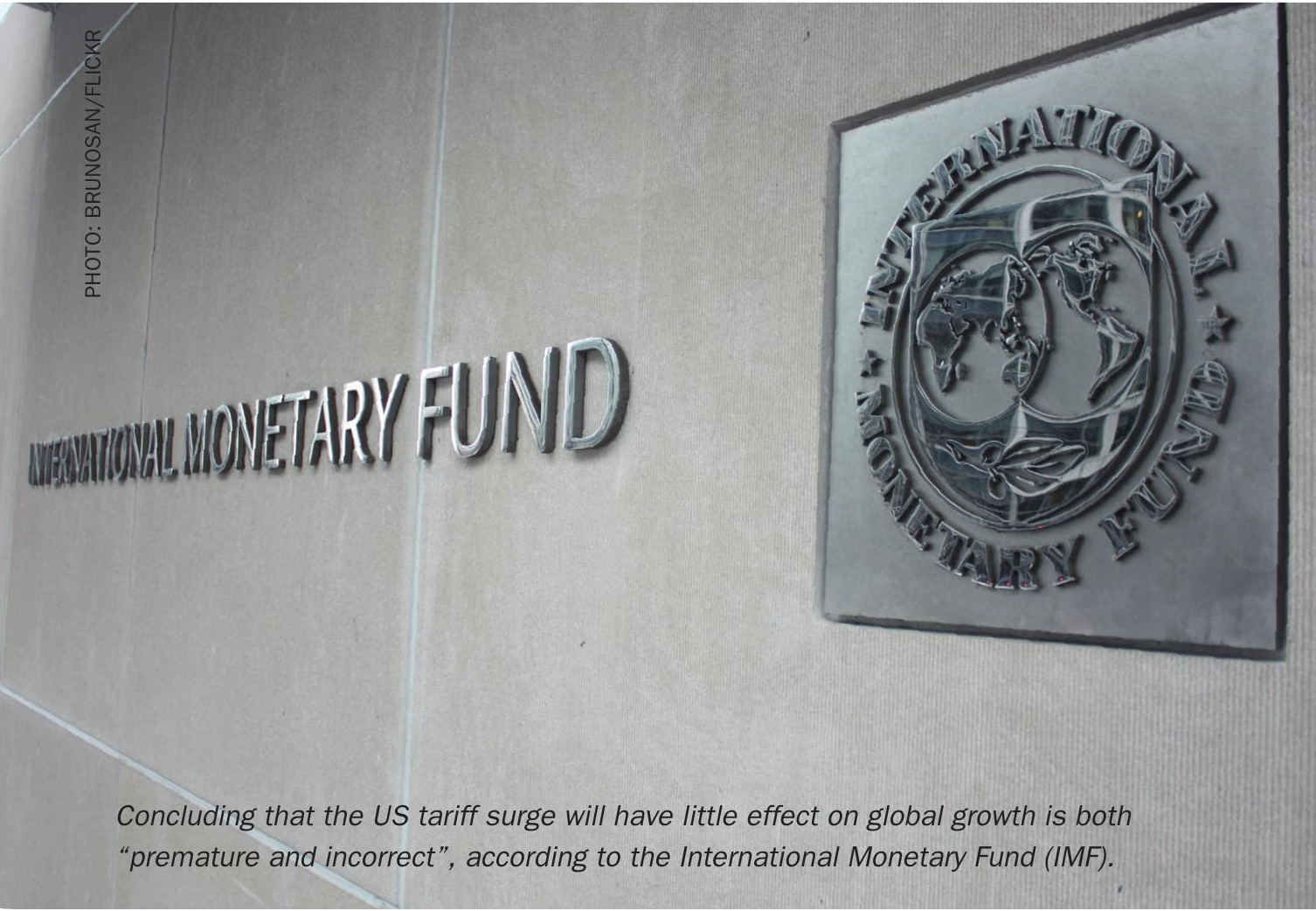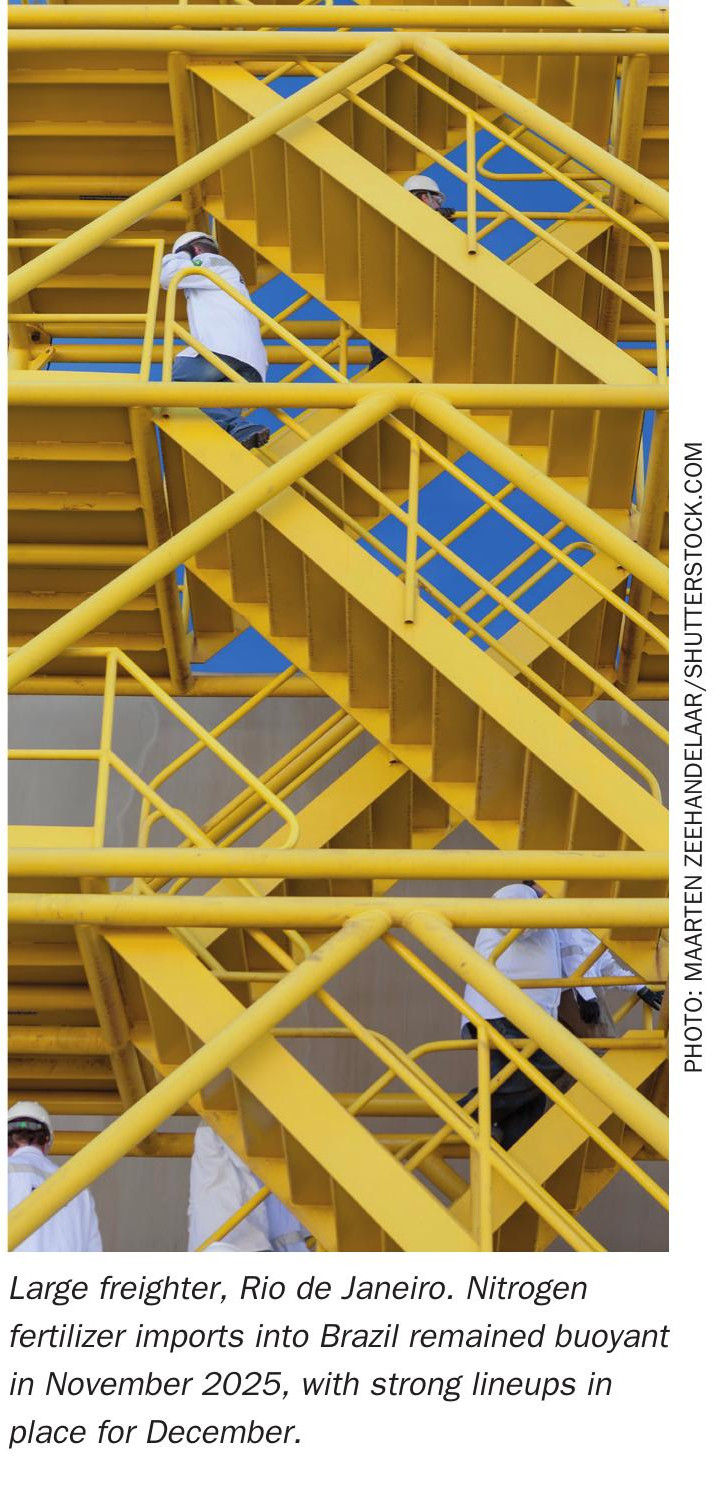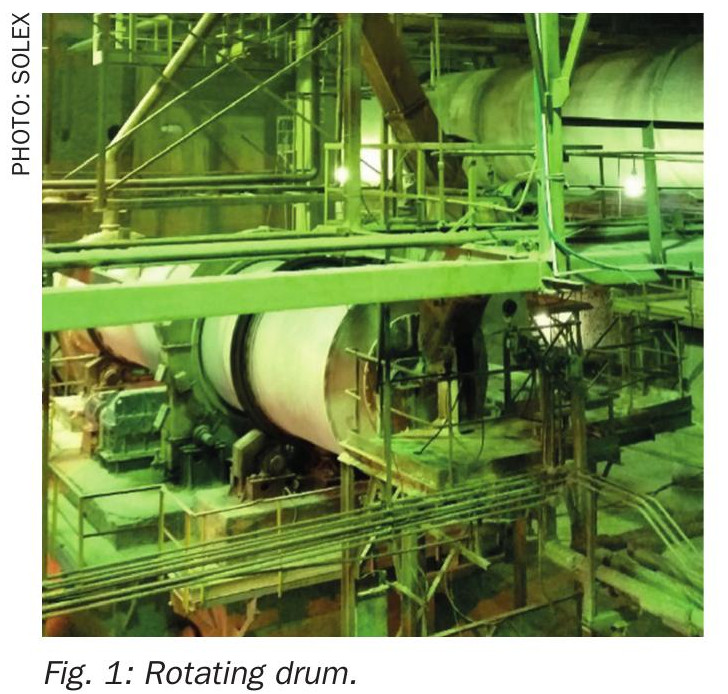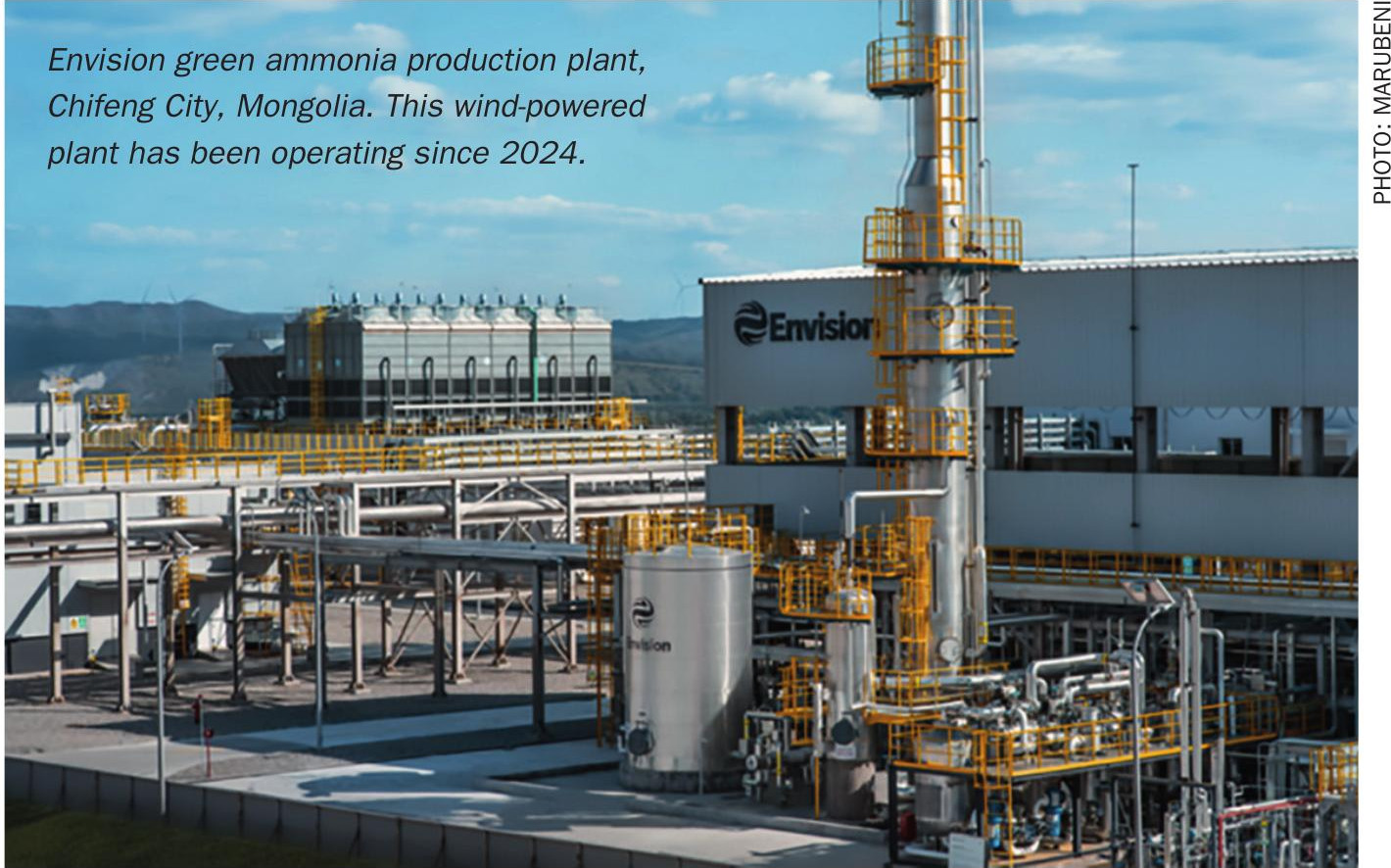Fertilizer International 526 May-Jun 2025

2 May 2025
Germany’s K+S launches low-carbon product range
EUROPEAN POTASH PRODUCERS
Germany’s K+S launches low-carbon product range
For the first time, K+S is offering farmers low-carbon potash and magnesium fertilizers to help reduce the environmental footprint of crops and food. The introduction of these innovative C:LIGHT products has been possible thanks to the installation of renewable power-to-heat boilers at three of the company’s German production sites.
Potassium – the logical next step in CO2 reduction?
K+S has launched C:LIGHT, a new product range manufactured in Germany using renewable power. They include low-carbon versions of the following K+S products:
- KALIMOP – a highly concentrated potassium chloride (MOP) fertilizer for chloride tolerant crops
- KALISOP – a highly concentrated potassium sulphate (SOP) fertilizer
- Korn-KALI – a complex potassium, magnesium, sulphur and sodium fertilizer
- ESTA Kieserit – a magnesium sulphate fertilizer.

The product-related carbon footprint (PRCF) of these C:LIGHT versions is up to 90% lower than the conventional K+S product equivalents.
K+S, while describing the world’s agricultural system as “essential to survival”, notes that one third of total global greenhouse gases (GHG) emissions are attributable to food production, with fertilizer manufacturing and use being major contributors.
“K+S, a pioneer in sustainable and environmentally friendly mining, takes responsibility and, with C:LIGHT, offers CO2-reduced potassium and magnesium fertilizers for the first time,” comments the company.
Potassium fertilizers, says K+S, are the logical next step in CO2 reduction, after nitrogen fertilizer decarbonisation.
“[Cutting] the CO2 footprint of potassium fertilizers can make all the difference, especially for crops with high potassium requirements such as sugar beet,” says K+S. “This is where our C:LIGHT products come in.”
A product such as Korn-KALI for example can contribute around 6% to the GHG emissions from growing potash-hungry crops such sugar beet in Germany (Figure 1).

Renewable power-to-heat on an industrial scale
C:LIGHT refers to the innovative renewable power-to-heat (PtH) technology that K+S has introduced at its Neuhof-Ellers, Zielitz and Werra sites production sites (see main photo). These PtH units are based on a simple yet effective concept: they use renewable electricity and water to generate the heat and pressurised steam used in fertilizer production.
K+S is using the two energy carriers generated in this way, heat and steam, to manufacture low-carbon C:LIGHT products. The installation of PtH boilers has allowed the company to replace the use of natural gas with renewable energy in parts of the manufacturing process (Figure 2).

K+S says it is committed to using only domestic sources of renewable energy generated within Germany’s borders. This has dual benefits, according to the company: “By using PtH technology, we not only contribute to the decarbonisation of our fertilizers – as a major energy consumer, K+S also contributes to grid stability in Germany.”
The resulting reductions in Scope 1 + 2 emissions achieved by K+S are measured against 2020 as the base reference year. These carbon cutting calculations should be credible, being calculated in accordance with ISO 14040 and 14044 standards. The company also uses the German Register of Guarantees of Origin (HKNR) to properly account for the energy it consumes from renewable sources.
Innovative low-carbon potassium and magnesium fertilizers
With its innovative C:LIGHT product line, K+S can now offer low-carbon potash and magnesium fertilizers to help farmers, food manufacturers and retailers reduce the environmental footprint of food.
According to the company, this new product line, by combining innovation with sustainability, is central to K+S’s climate strategy.
“With the launch of the C:LIGHT product line, we are doing pioneering work in the field of CO2-reduced potash and magnesium fertilizers and underlining our role as a pioneer in environmentally friendly and sustainable mining. At the same time, we are helping our customers to achieve their sustainability goals,” said Dr. Burkhard Lohr, the chair of K+S.

Strong demand for low-carbon fertilizers?
K+S say demand for low-carbon fertilizers extends far beyond the German market. The company has already completed first deliveries of Korn-KALI C:LIGHT, confirming its emergence as a new player in the green fertilizer market.
K+S plans to further expand the C:LIGHT product portfolio – with long term ambitions to make a decisive contribution to the decarbonisation of agriculture.






